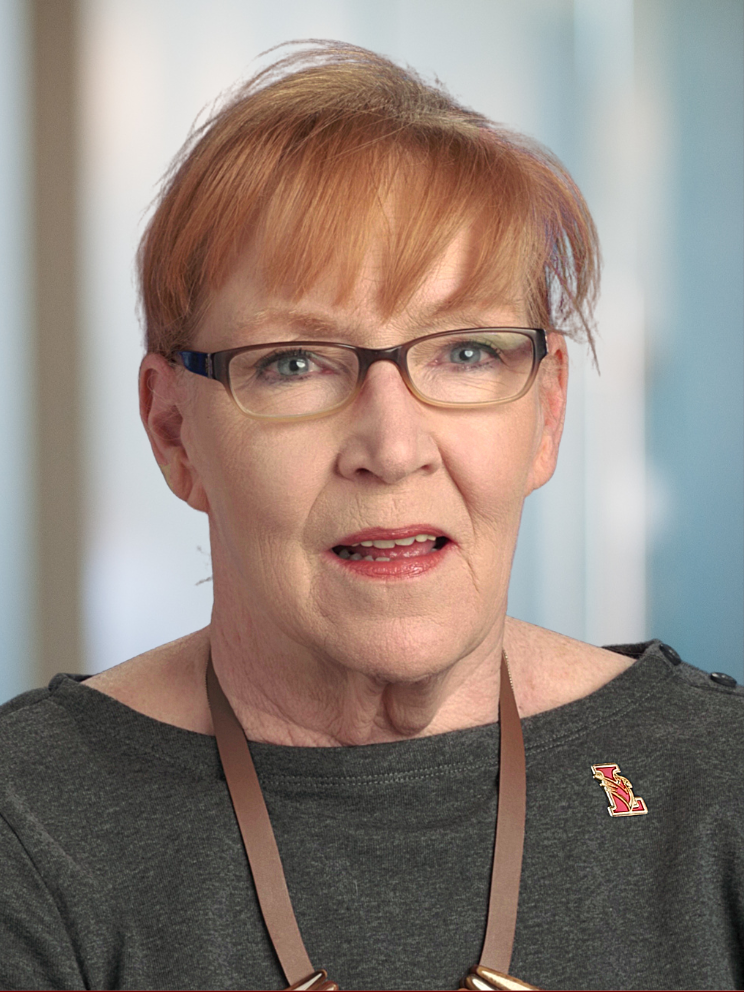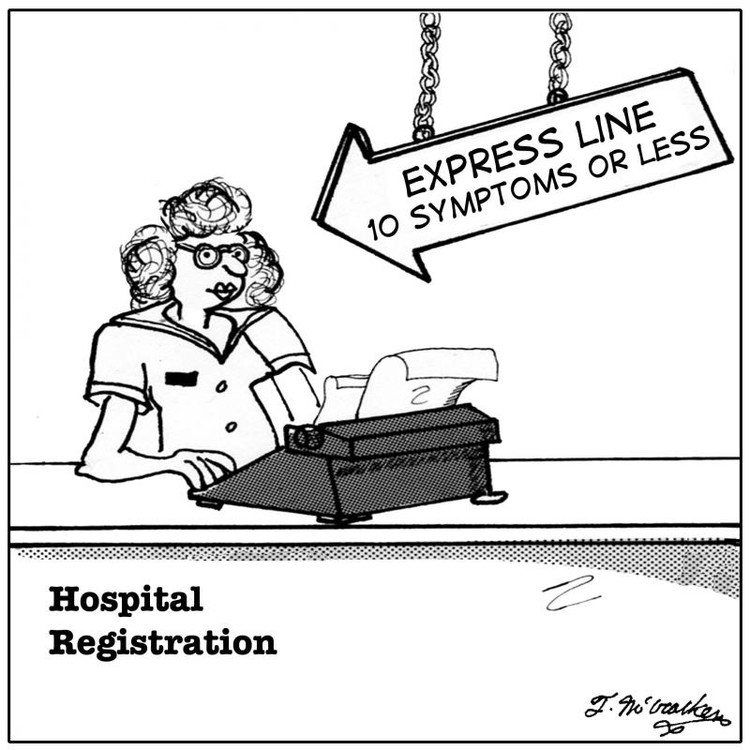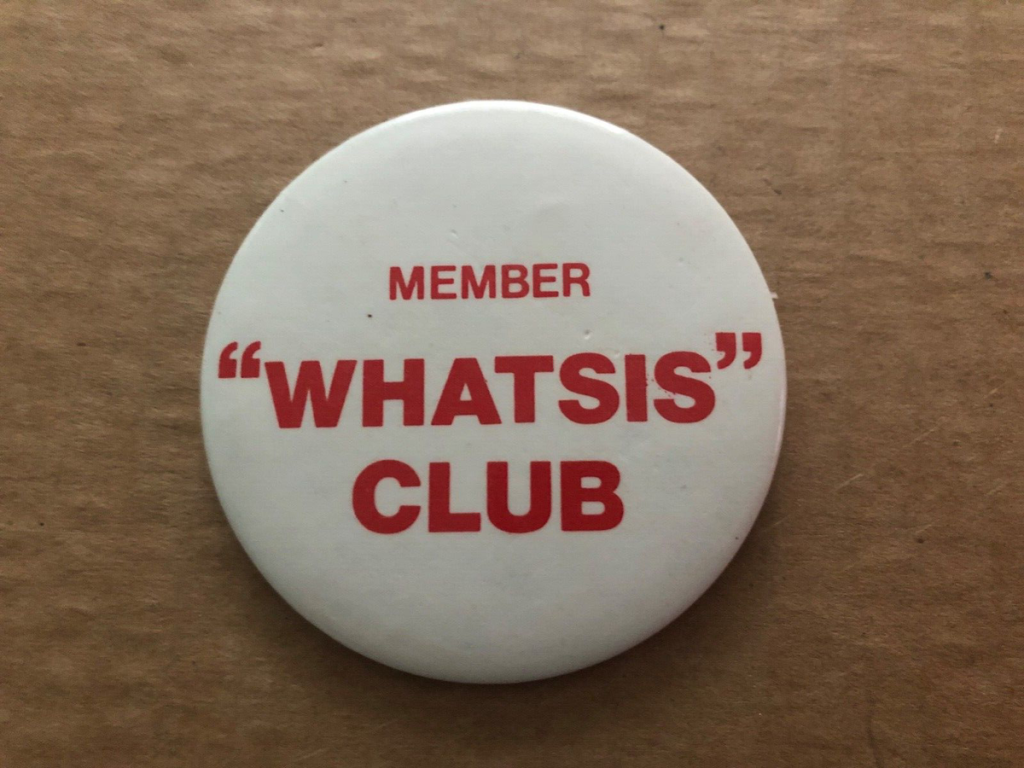One day last summer when I was wearing cropped pants and flip flops, I thought my ankles looked swollen. Was I retaining water? Standing too long? Did I need a new pair of shoes? (Let’s hope.)
Looking for a quick answer, I went to my computer for a symptom checker. There are literally a hundred or more to choose from, but this time I chose one for its straightforward style. It asked a few intake questions and gave a range of possibilities from most likely to way out there. The possibilities for me were pregnancy, a sprain or fluid retention, and we can rule out the first two.
But hold on—here’s a study that says we can’t really trust the online symptom checkers. The study found that the tools’ diagnoses and recommendations fall short and often send people to the doctor unnecessarily or, worse, underestimate the gravity of the situation and don’t send them.
According to PBS.org, ” the online checkers provided the correct diagnosis 34 percent of the time, listed the correct diagnosis within the top 20 results 58 percent of the time and provided the appropriate triage advice 57 percent of the time.” In other words, they often fail to provide reliable medical advice.
When can the checkers be helpful? When my daughters were babies, I took advantage (with embarrassing regularity) of a call-in feature at the pediatrician’s office. A nurse would triage the symptoms that might have had this first-time parent calling 911, poison control and a member of the clergy. They asked the types of questions you’d find on the symptom checker, and those issues resolved with a happy ending. Perhaps a new mother would consult a website, before a phone nurse, if her baby was still wailing at 3 a.m.
A symptom checker could offer enough information to keep concerned people from making unnecessary doctor’s appointments, but it could also be the source of misinformation that induces panic or drives your doctor crazy. There’s a name for that: cyberchondria is the false belief that you are suffering from a disease that you learned about on the Internet or on a specific website. Please play it safe and consult a health care professional when your instincts tell you so, or if symptoms persist. Fortunately, I enjoy good health and don’t have many occasions to self-diagnose. If I thought I had a true emergency, I would call 911, and I hope you would too.
But here’s another reason not to trust the symptom checkers—not a single one prescribed a visit to Zappos.com to cure my swollen ankles.

Pepper Evans works as an independent-living consultant, helping older adults age in place. She is the empty-nest mother of two adult daughters and has extensive personal and professional experience as a caregiver. She has worked as a researcher and editor for authors and filmmakers. She also puts her time and resources to use in the nonprofit sector and serves on the Board of Education in Lawrence Township, NJ.



